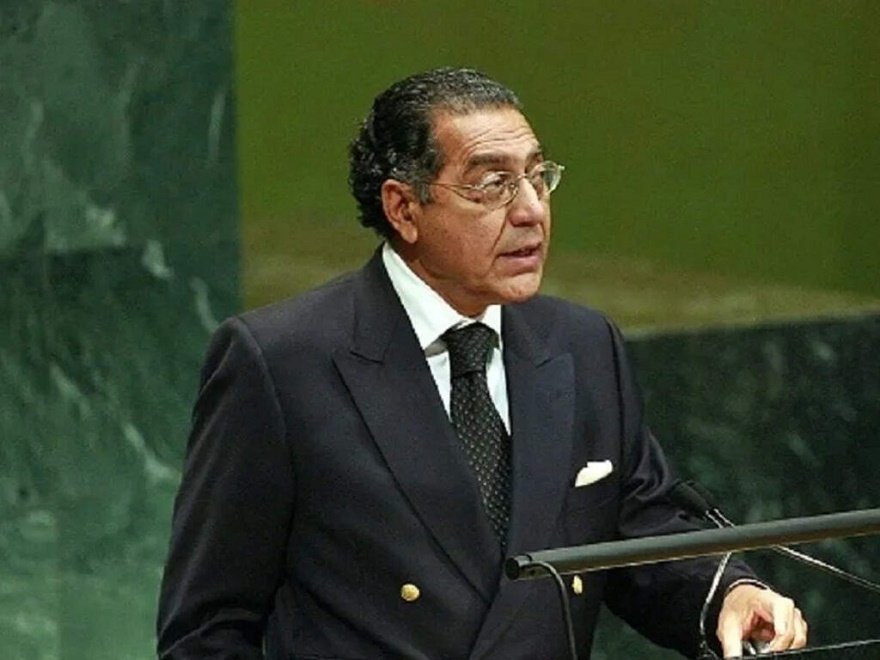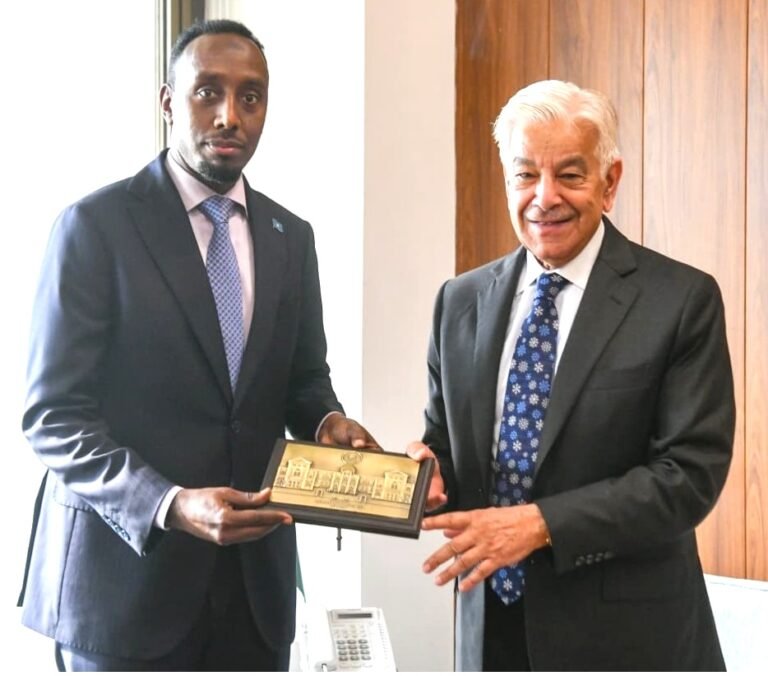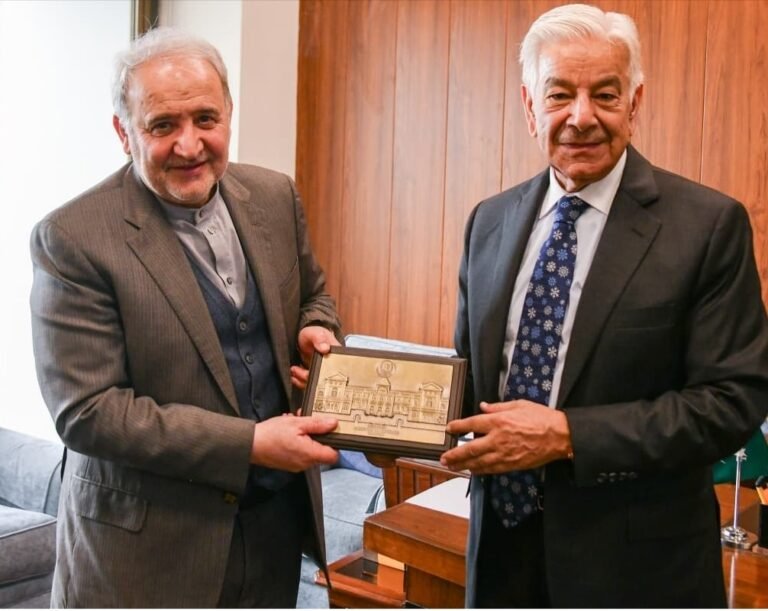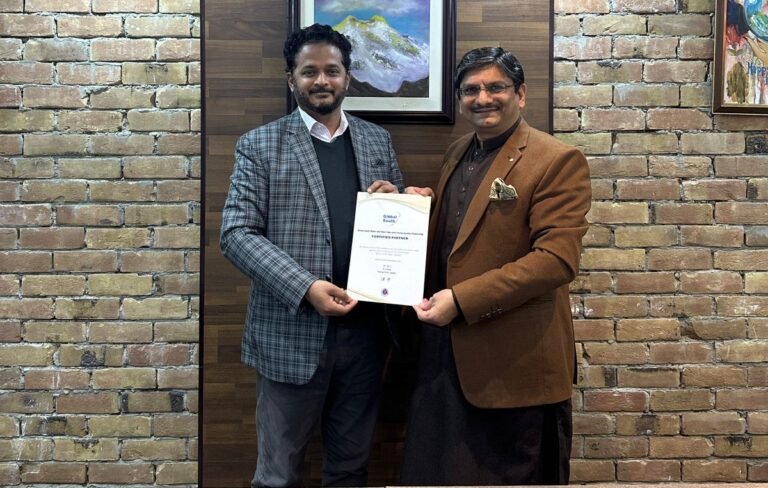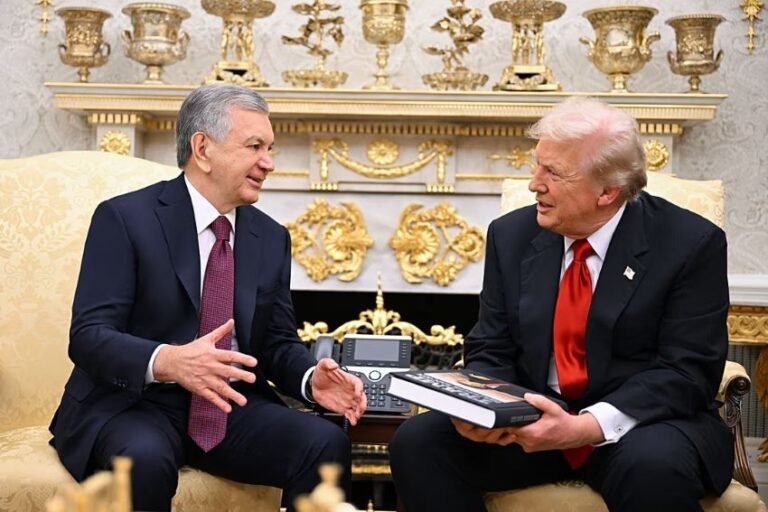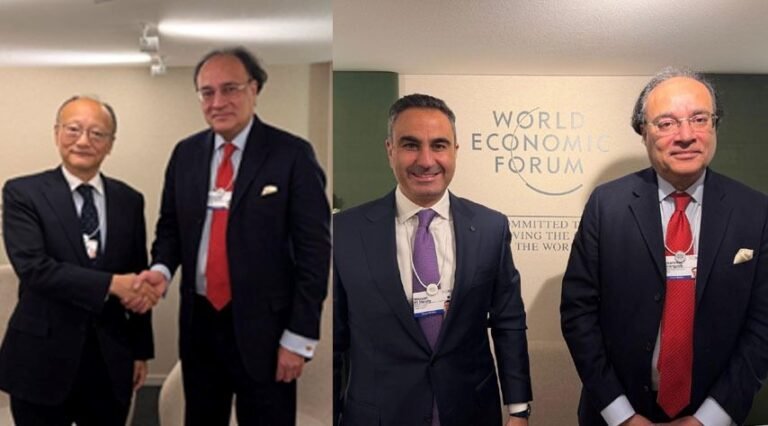United Nations (TDI): Permanent Representative of Pakistan to the UN has questioned the decisions of Pact for the Future, world leaders adopted last month, saying it severely deficient on peace and security as well as in addressing disputes and conflicts like in the Middle East and South Asia.
Addressing the UN General Assembly during a debate Ambassador Munir Akram said it shows failure on several fronts.
“The failure to address the key ongoing disputes and conflicts, such as the ongoing genocidal war in Gaza and the wider conflict in the Middle East, conflicts in Europe, Africa or South Asia – none of these have been effectively addressed by the Pact,” APP quoted him saying as.
During the debate, the delegates expressed their views, hopes, disappointments and reservations on the Pact and its two annexes, the Global Digital Compact and the Declaration for Future Generations, which were approved at the Summit of the Future on Sept. 22.
Read More:‘Kashmir Solidarity Day’ organized by Pakistan UN Mission
The Pakistani envoy said the pact also fail in addressing the breakdown of arms control measures or, multi-dimensional global arms race.
He called upon the Security Council, the Conference on Disarmament, the Disarmament Commission, and the General Assembly to address these realities “which we face and which we must not dodge”.
Ambassador Akram also highlighted historical injustices against Africa and other developing countries, saying UN should not be blamed for all these failures.
“This failure is due to the strategic ambitions and policies of some major and some minor powers,” he said.
He stressed that efforts to achieve UN Security Council reform should not become a part of this strategic competition between rival powers.
He pointed out that seeking privileged positions for strategic allies on the Council, while ignoring the aspirations and positions of the vast majority of the General Assembly, which consists of small and medium states is the result of this rivals’ race.
Also Read:Pakistan Calls for Global Counter-Terrorism Reforms
“Such an approach would not strengthen the world order, it would erode it and Security Council reform should be accompanied by a revival of the General Assembly,”
The Ambassador spoke on behalf of a 16-member like-minded Group on issues arising from the Pact, which is aimed at strengthening the UN so that it delivers a better future for people.
Pakistan, Algeria, Bolivia, China, Cuba, Egypt, Eritrea, Iran, Iraq, Libya, Nicaragua, Russia, Sri Lanka, Syria, Venezuela, and Zimbabwe are members of the group.
Ambassador Akram, speaking for the Like-Minded Group, regretted that the Pact did not mention sovereign equality, non-interference in internal affairs, and the right to self-determination of people.
He said that Colonization and foreign occupation as reflected in previously agreed UN initiatives and documents, were also ignored.

